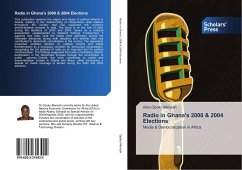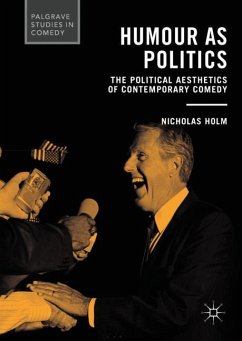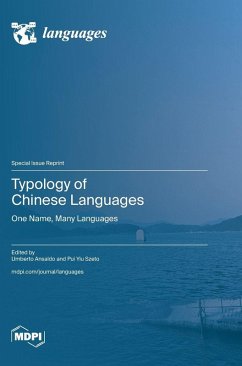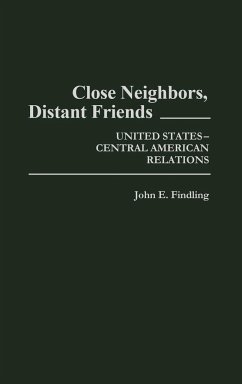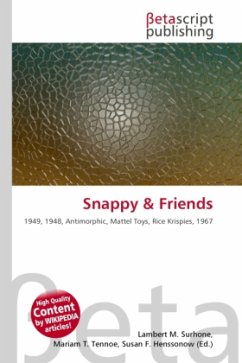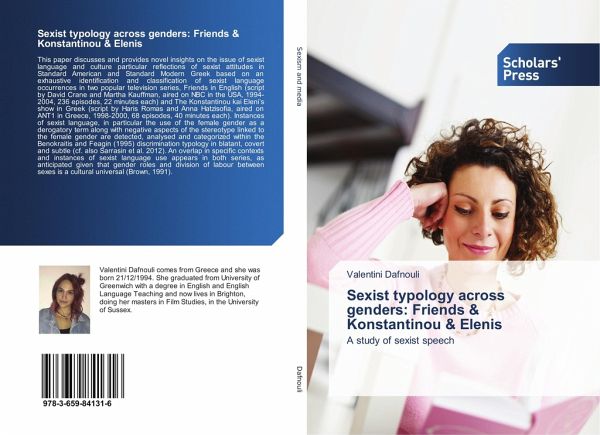
Sexist typology across genders: Friends & Konstantinou & Elenis
A study of sexist speech
Versandkostenfrei!
Versandfertig in 6-10 Tagen
40,99 €
inkl. MwSt.

PAYBACK Punkte
20 °P sammeln!
This paper discusses and provides novel insights on the issue of sexist language and culture particular reflections of sexist attitudes in Standard American and Standard Modern Greek based on an exhaustive identification and classification of sexist language occurrences in two popular television series, Friends in English (script by David Crane and Martha Kauffman, aired on NBC in the USA, 1994-2004, 236 episodes, 22 minutes each) and The Konstantinou kai Eleni's show in Greek (script by Haris Romas and Anna Hatzisofia, aired on ANT1 in Greece, 1998-2000, 68 episodes, 40 minutes each). Instanc...
This paper discusses and provides novel insights on the issue of sexist language and culture particular reflections of sexist attitudes in Standard American and Standard Modern Greek based on an exhaustive identification and classification of sexist language occurrences in two popular television series, Friends in English (script by David Crane and Martha Kauffman, aired on NBC in the USA, 1994-2004, 236 episodes, 22 minutes each) and The Konstantinou kai Eleni's show in Greek (script by Haris Romas and Anna Hatzisofia, aired on ANT1 in Greece, 1998-2000, 68 episodes, 40 minutes each). Instances of sexist language, in particular the use of the female gender as a derogatory term along with negative aspects of the stereotype linked to the female gender are detected, analysed and categorized within the Benokraitis and Feagin (1995) discrimination typology in blatant, covert and subtle (cf. also Sarrasin et al. 2012). An overlap in specific contexts and instances of sexist language use appears in both series, as anticipated given that gender roles and division of labour between sexes is a cultural universal (Brown, 1991).



